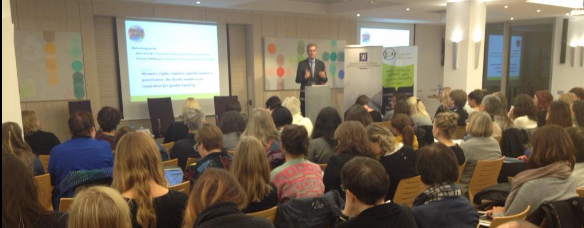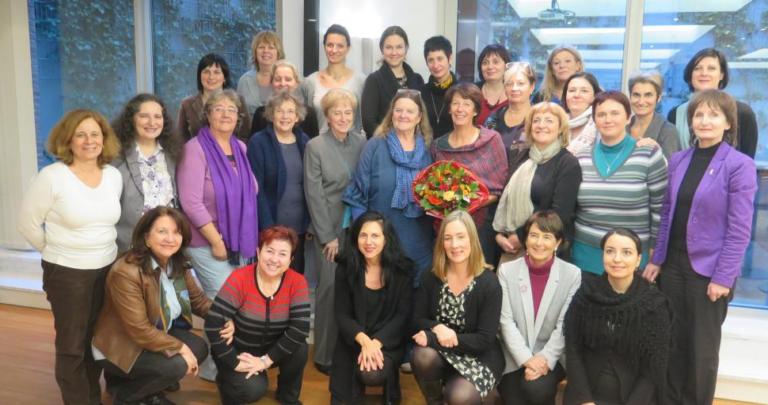[London, 10 June 2013] Capital Exploits: A Study of Prostitution and Trafficking in London, published on 7 June 2013, examines changing trends and patterns in prostitution and trafficking for the purposes of prostitution across London. The study, published by Eaves for Women was commissioned by the Mayor’s Office for Policing and Crime (MOPAC) in the context of their Violence Against Women and Girls strategy, and is based on six months of intensive research in the capital. Some of its key findings include the following:
- There is an inconsistent police and local authority approach to addressing prostitution across London which has a negative and harmful impact on the women involved.
- Services often fail to identify that a woman accessing support may be involved in prostitution and therefore do not refer her to specialist support.
- Local residents are increasingly calling on police and local authorities to switch tactics and to target pimps, gangs and controllers instead of targeting and criminalising the women being exploited.
- There has been an increase in non-British women and girls selling sex on-street.
- The gap between street and off-street prostitution is narrowing. Many women are involved in both.
- Girls under 18 have been identified as being prostituted and trafficked within some London boroughs.
- In some boroughs trafficked women are now being controlled by criminal gangs in on-street prostitution as well as off-street.
The study finds plentiful evidence that London continues to have a thriving sex industry, with prostitution clearly in evidence in almost every borough. It also identifies a huge variation and often contradictory approaches to addressing the issue – with some boroughs tackling prostitution as violence against women and providing those involved with support to exit, whilst others arrest and criminalise women, and some take measures to challenge men’s demand for prostitution.
Laura Brown, one of the study’s authors said,
“A major concern is the failings that our research identified amongst many services and authorities in London when it comes to effectively identifying women involved in prostitution, including those who have been trafficked. This means that women don’t get the support they need. A lack of specialist services further hinders women’s access to support. Punitive efforts tend to be focused on women involved in prostitution and not enough effort is put into tackling perpetrators. By highlighting problems and gaps as well as drawing attention to examples of good practice and innovative work within boroughs – we hope this report can inform a more effective pan-London strategy to address prostitution and tackle exploitation.”
To read the study, click here.





